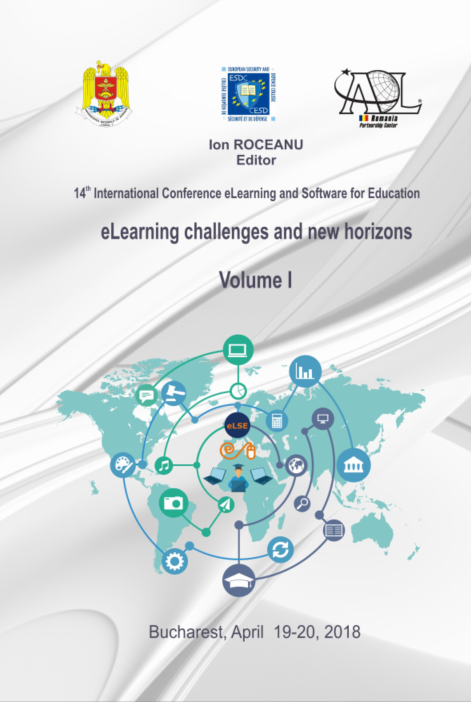E-Learning and its Pedagogical Challenges for Trainers
E-Learning and its Pedagogical Challenges for Trainers
Author(s): Elena Museanu, Roxana Bîrsanu Subject(s): Social Sciences, Education
Published by: Carol I National Defence University Publishing House
Keywords: teaching approaches; challenges; online learning community; virtual environment; communication skills;
Summary/Abstract: E-learning is a form of education which has witnessed a gradual increase in popularity in recent years, both at academic level, and in professional environments. This interest has been triggered by globalization, the plethora of information reaching people via a multitude of technological media (the Internet, TV, mobile phones, etc.) and the internationalization of specialized communication. It is a well-known fact that online teaching requires a set of skills which are additional to the ones used in face-to-face learning environments. Consequently, the challenges normally associated with teaching vary with the teaching contexts. The purpose of the present research is to analyze the pedagogical challenges for trainers imparting online learning content for companies. The paper attempts to identify categories of challenges, such as cultural differences (in multinational corporations, local organizations, governmental institutions, military structures, for instance), age of course participants, participants’ approach to the process of learning, position in the company organizational chart, general learner profile with special emphasis on elements of demographics. After detecting some of the above-mentioned challenges, the study further aims to suggest ways in which trainers can acquire and enhance abilities necessary to overcome such obstacles. The analysis relies on Hample and Stickler’s skill pyramid (2005:317), which presents the pedagogical aspects needed for effective online language teaching. These two researchers identify seven key competences that should facilitate the process of communication. By acquiring these competences, trainers can maintain the dynamics of the online education process in terms of communication efficiency, improvement of teaching approaches and adjustment to the changing needs of the online learning communities.
Journal: Conference proceedings of »eLearning and Software for Education« (eLSE)
- Issue Year: 14/2018
- Issue No: 01
- Page Range: 182-186
- Page Count: 5
- Language: English

